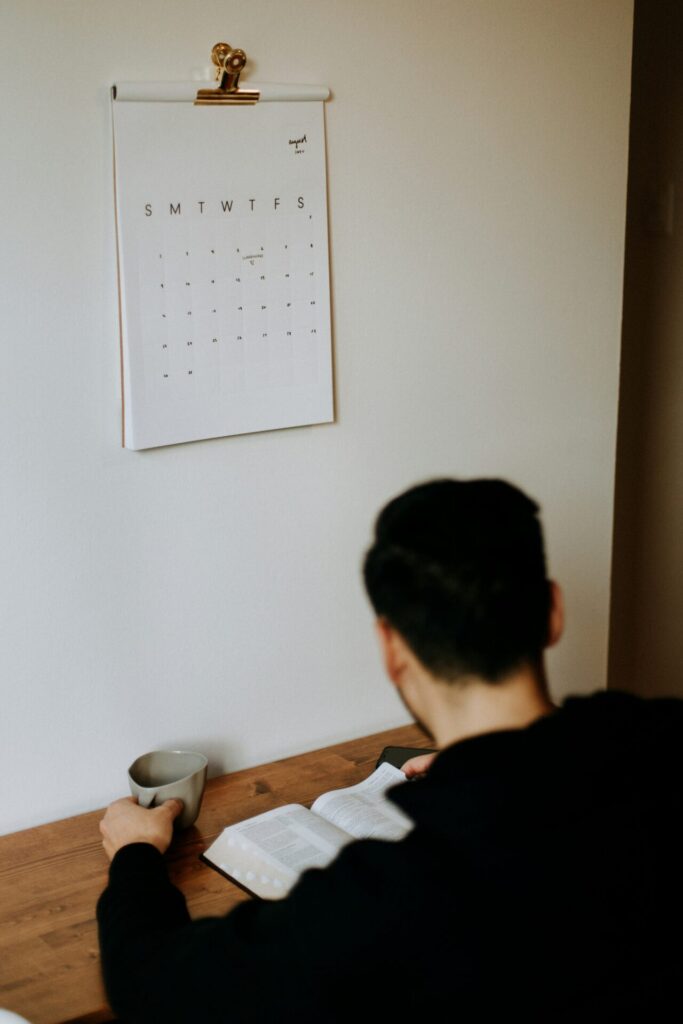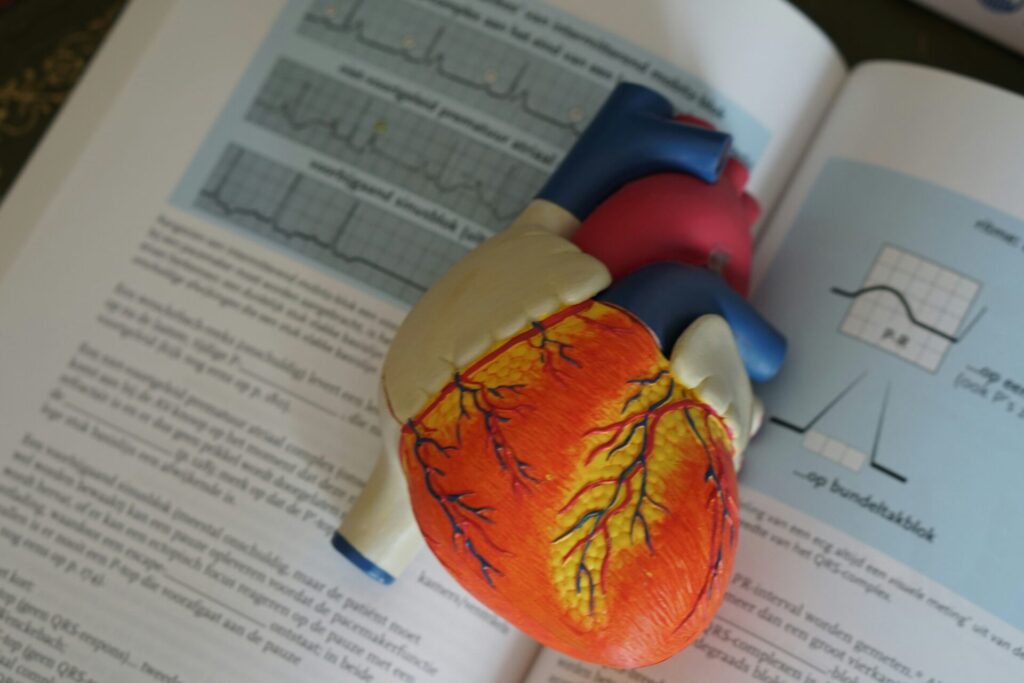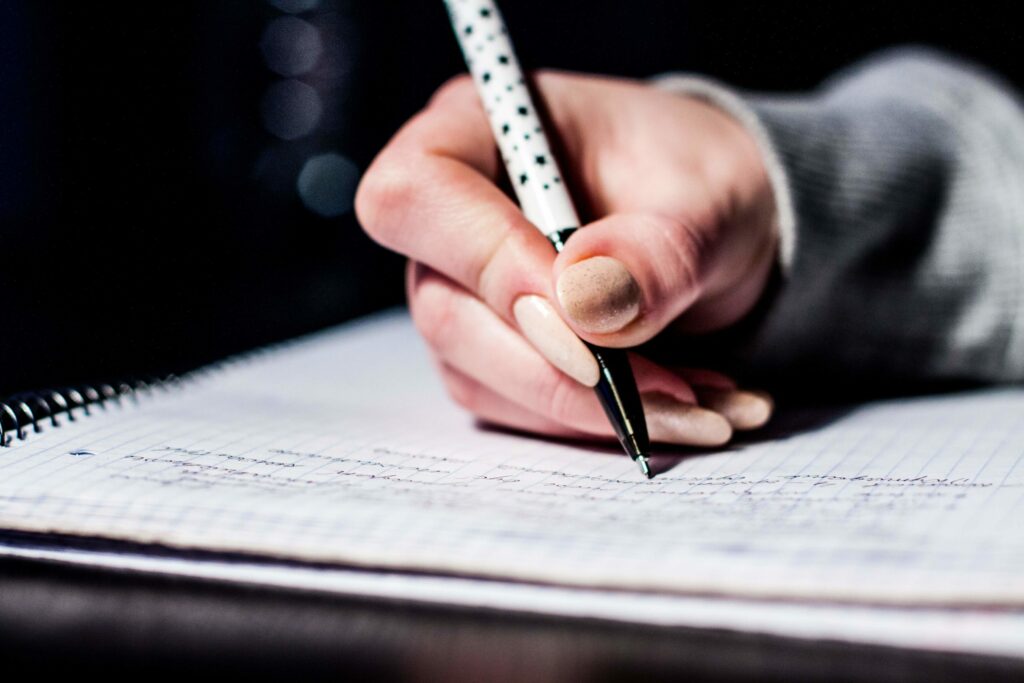When GCSE season approaches, one of the biggest questions students (and parents) ask is: how many hours of revision a day for GCSE is actually enough? There’s no one-size-fits-all answer, but getting the right balance is key to boosting confidence, retaining knowledge, and avoiding burnout.
Some students think more hours equal more success, but quality always beats quantity. Revising for six hours a day without breaks, structure, or active engagement might be less effective than three well-planned, focused hours. So, let’s break down how many hours of revision a day for GCSE really makes sense, and how to use that time wisely.
GCSE Preparation: Make It Work for You
Before diving into how many hours of revision a day for GCSE you should be doing, remember that everyone works differently. Some people focus better in the mornings, others find evenings more productive. Your revision plan should match your energy levels, commitments, and subjects.
Instead of asking “how much?”, start by asking: how well am I revising? Are you understanding and remembering the content, or are you just reading the same paragraph five times without it sinking in? Effective GCSE preparation involves setting realistic goals, reviewing what you’ve learned, and adjusting your plan as needed. At the end of your day, look back at the material you planned to cover. Do you feel more confident? When you test yourself, are you getting more answers correct? If this is only true in some areas, perhaps you need to focus more narrowly each day, or spend longer on the topics you haven’t mastered.
So, How Many Hours of Revision a Day for GCSE Is Ideal?
Here’s the truth: the answer to how many hours of revision a day for GCSE depends on when you start.
If you’re a few months from your GCSEs:
Aim for 1.5 to 2 hours per weekday and 3-4 hours on weekends. This light but consistent schedule helps you build momentum without overwhelming you too early.
If you’re 1 month from exams:
Aim for around 3–5 hours of total revision per day, including any revision time built into your school schedule. Split your personal study into focused sessions with breaks. Use your GCSE revision timetable to make sure you’re prioritising the subjects that need the most work.
During dedicated study leave:
Some students do 6-8 hours a day, but it’ only useful if they’re using active techniques like practice papers, flashcards, and active recall. This is also when sleep and self-care become even more important. Don’t sacrifice rest for revision—it’ll backfire.
Remember, it’s not just about how many hours of revision a day for GCSE you do, but how well you use those hours.
Further reading: How to create a revision timetable
Planning Your Day: The Best GCSE Revision Timetable
Creating a good GCSE revision planner helps you stay focused. Here’s how to build your day:
1. Start with your priorities. Which subjects do you need to focus on? Base your time on where you feel least confident.
2. Use short, focused sessions. The Pomodoro technique (25 minutes revision, 5 minutes break) is popular for a reason. After 2 hours, take a longer break.
3. Don’t skip rest and fun. Plan in screen breaks, walks, meals, or short hangouts. These keep your brain fresh.
4. Mix subjects. Switching subjects in a day helps you stay mentally sharp. Avoid revising the same topic for four hours straight.
5. Reflect each evening. What worked? What didn’t? Adapt your revision timetable template GCSE to stay effective.
Join the Immerse Education 2025 Essay Competition
Follow the instructions to write and submit your best essay for a chance to be awarded a 100% scholarship.

GCSE Revision Tips: How to Make Every Hour Count
Focus on Active Techniques
Passive revision like just reading or highlighting notes is useful at the very beginning of the revision season, but can be less effective for actually strengthening knowledge. Instead, try:
- Flashcards (especially for subjects like science or languages)
- Past paper questions
- Mind maps for big topics
- Teaching others – explaining concepts out loud is powerful.
Make Use of Mornings
If you can, revise in the morning when your brain is rested. A solid 2-hour session before lunch often beats evening cramming.
Review Little and Often
Spaced repetition beats marathon sessions. The more frequently you revisit material, the more likely it sticks.
Use a Dedicated Space
Have a clean, distraction-free space for study. No multitasking, no phones.
Know When to Stop or Take a Restorative Break
Studying for hours when you’re tired can lead to poor retention. It’s better to revise for 3 focused hours than 6 distracted ones.
Use a GCSE Revision Planner
Whether it’s a digital app or a printable planner, tracking what you’ve done gives you a clear sense of progress.
Your Final GCSE Exam Revision Timetable
With all that in mind, your GCSE exam preparation should ramp up gradually, not suddenly. If you’ve built strong habits early, the final weeks won’t be panic-fuelled.
In your final month:
- Revise for 3-4 hours a day, five days a week.
- Increase to 5-6 hours a day during exam leave.
- Take full days off when needed.
- Use past paper questions every day.
So, how many hours of revision a day for GCSE? The answer: enough to cover your subjects, keep your mind fresh, and allow time to rest and recharge. For most students, that means 3-5 solid hours a day in the run-up to exams, adapted as needed.
TL;DR: How Many Hours of Revision a Day for GCSE?
Top students might revise for…
- 2-3 months before: 1.5 to 2 hours a day
- 1 month before: 3 to 4 hours a day
- Final 2 weeks/exam leave: 6 to 8 hours a day
Use breaks, mix subjects, and track progress with a GCSE revision planner. You’ll do far better with consistent, focused study than you will with cramming.
Need help with planning your time? Check out the GCSE Grading System guide to keep your goals in sight.
If you remember one thing, let it be this: how many hours of revision a day for GCSE matters, but how you revise for GCSE matters more. Start small, stay consistent, and you’ll get there.

























